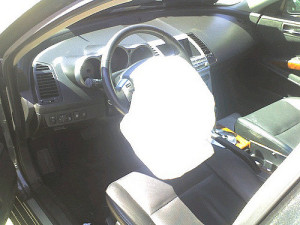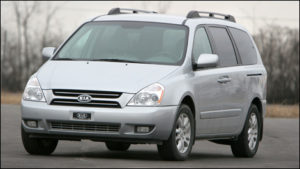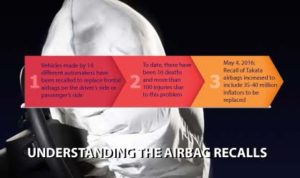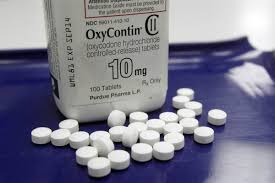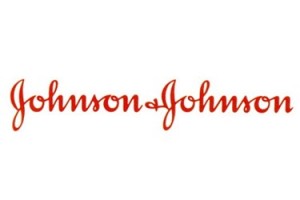Airbag manufacturer Takata has been in the news over the course of the past few months as scrutiny of their malfunctioning airbags has increased. The company recently settled one of their lawsuits with a family who had a member paralyzed and later die to to injuries caused by the airbag. The settlement was made just moments before a hearing was supposed to take place where the judge could have made Takata executives testify in court. Many people were surprised at the settlement, including the lawyer representing the family of the victim, Patricia Mincey.
Mincey was paralyzed from the neck down after the Takata airbag in her 2001 Honda Civic forcefully inflated after a collision on June 15, 2014. The airbag was among those recalled by Honda less than a week later.
Takata’s airbags have caused several deaths and numerous injuries to drivers and passengers, causing automakers to recall nearly 60 million vehicles in the US alone.
While the exact numbers on the settlement have not been released, Takata has handled all of their previous lawsuits with swift action. The company is currently trying to repair their image and restore consumers confidence in their products. With airbags being a vital safety component in any car, it may take the company a very long time to be trusted by car drivers and manufacturers alike.
According to a New York Times Article, the mass recalls of Takata airbags gained new urgency last month, when federal safety regulators warned that airbags in more than 300,000 older Honda and Acura vehicles were at an unacceptably high risk of exploding and needed to be replaced immediately.


